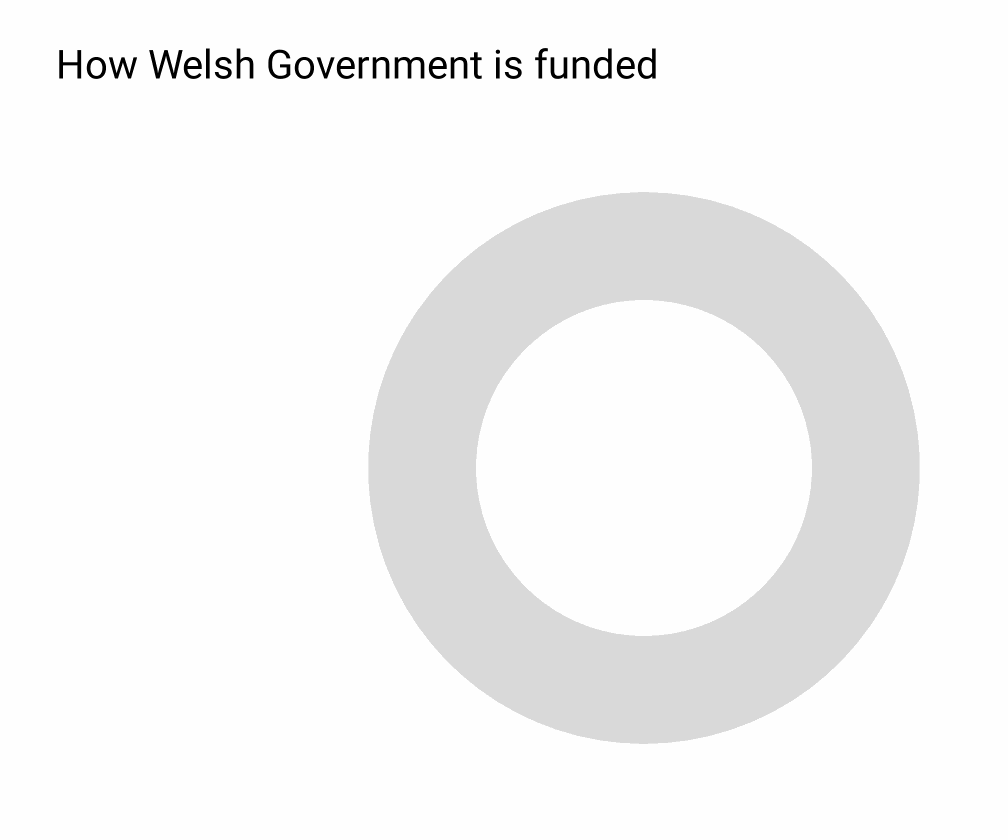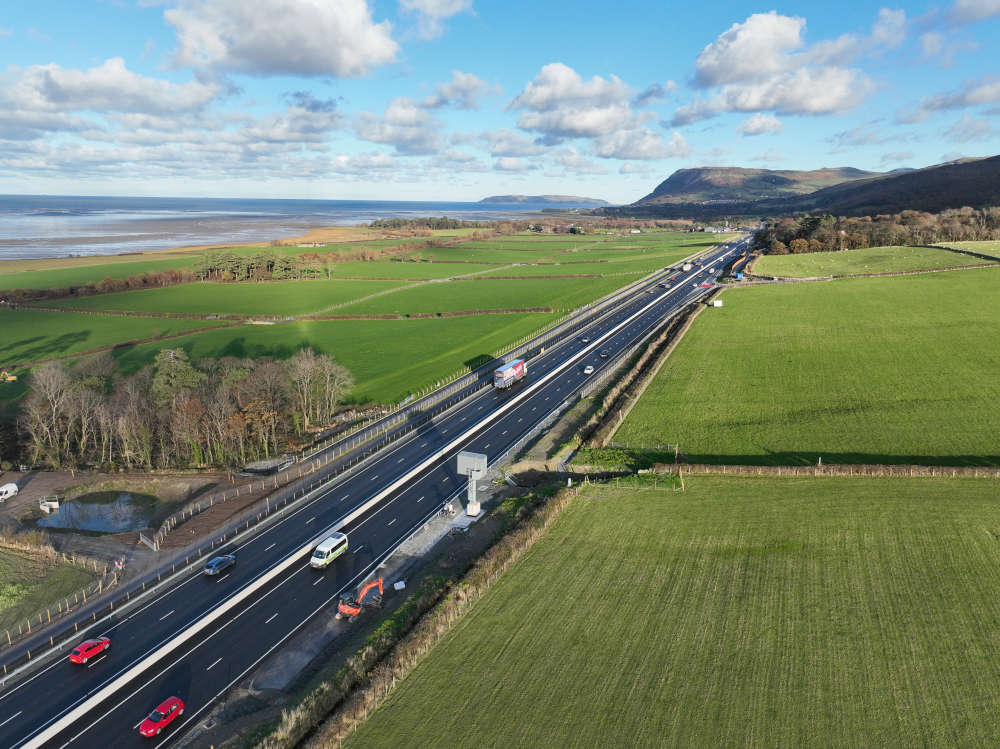
The Welsh Government has unveiled its spending plans for next year with an additional £1.5 billion allocated to public services, including an extra £610 million for health and social care.
Mark Drakeford announced all government departments will receive increases in day-to-day revenue and longer-term capital funding, marking a departure from last year's cuts.
Wales' finance secretary described the £26 billion draft budget as offering an opportunity to rebuild and reinvigorate public services after "14 difficult years".
He said: "This is a budget for a brighter future, delivering an extra £1.5 billion for our public services and priorities, helping to put Wales firmly back on the path of growth."
"This is in stark contrast to the last couple of years when we have been forced to make some very difficult and painful decisions."
'Damage'
The ex-first minister added: "This is a good budget for Wales. But it will take time to reverse the damage inflicted on Wales over 14 years of neglect from previous UK administrations."
The draft budget includes an extra £610 million for health and social services, £186 million to improve rail services, including the core valleys lines, and £81 million to build more social housing for rent.
Councils will receive a 4.3% increase in the local government settlement.
The increases by department are as follows:
- Health: 3.8% revenue, 30% capital
- Housing and local government: 5.4% revenue, 11.2% capital
- Education: 4.9% revenue, 8.1% capital
- Transport: 12% revenue, 10.7% capital
- Climate change and rural affairs: 6.6% revenue, 31% capital
- Economy, energy and planning: 4.3% revenue, 59.1% capital
- Social justice: 4.7% revenue, 23% capital
- Central services and administration: 7.4% revenue, 47% capital
Welsh rates of income tax will remain unchanged, with taxpayers continuing to pay the same rates as in England and Northern Ireland.
However, the Welsh Government announced that higher residential rates of land transaction tax for second homes – Wales' equivalent of stamp duty – will increase by 1%, raising an extra £7 million.
The standard rate of landfill disposal tax will also rise to reduce waste and boost recycling.
Will the budget pass?
The big question is how the Welsh Government will pass its budget, with parliamentary arithmetic in the Senedd on a knife-edge and Labour one seat short of a majority.
Eluned Morgan, who has warned Wales could lose out on £1 billion if opposition parties do not support the spending plans, will need to cut a deal with at least one opposition member.
Previous budgets have been passed with the help of Plaid Cymru, Liberal Democrat and independent Senedd members, with a deal with the Conservatives seeming unlikely.
Plaid Cymru backed the Welsh Government's budget in recent years in return for 46 commitments but the cooperation deal between the two collapsed in October 2023.
The first minister could also reach out to Jane Dodds, the Lib Dems' leader in Wales and the party's sole Senedd member, or Rhys ab Owen, who sits as an independent.
What happens if it doesn't pass?
Senedd members need to agree a motion on Welsh rates of income tax (Writ), which are forecast to raise about £3.3bn in 2025/26, before the budget can be passed.
Writ defaults to zero if a motion cannot be passed, meaning basic, higher and additional rates would decrease by 10p in the £1 for Welsh taxpayers.
If the annual budget motion is not agreed by the start of the financial year in April, the budget of the Welsh Government would revert to 75% of the previous year's.
This would also affect directly funded bodies such as the Senedd, Public Services Ombudsman, Wales Audit Office and the Electoral Commission.
If a motion is still not agreed by the end of July, the budget rises to 95%.

What's next?
Following the Senedd debate on Tuesday, Mark Drakeford will appear before the finance committee on Thursday morning to face questions about the spending plans for the 12 months from April.
Senedd members will then scrutinise the draft budget through December and January.
Committees will take evidence from witnesses including the Office for Budget Responsibility, Institute for Fiscal Studies, Wales Fiscal Analysis, Bevan Foundation and Citizens' Advice.
Based on this evidence, committees will publish scrutiny reports by February 3rd.
A further debate on the draft budget will be held the following day, with the final budget set to be published on February 25th and a crunch vote to follow on March 4th.
Navigating this year's budget process will be a key test for Wales' new first minister, with the next Senedd election looming in less than 18 months in May 2026.







 'Renew Bangor': two High Street businesses evicted
'Renew Bangor': two High Street businesses evicted
 Aber Tai’r Meibion 'more resilient' two years on
Aber Tai’r Meibion 'more resilient' two years on
 Holyhead man jailed for assaulting police officers
Holyhead man jailed for assaulting police officers
 Two callouts for Beaumaris lifeboat
Two callouts for Beaumaris lifeboat
 New living seawall at Amlwch Port
New living seawall at Amlwch Port


